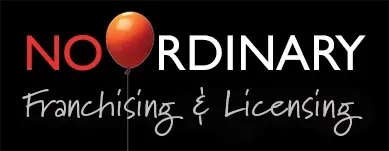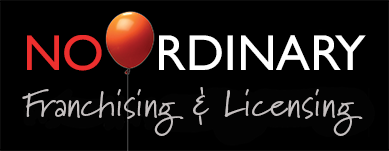What were the Top 3 hottest US stocks in 2013?
Potential cures for cancer? Earth-shattering new technology? Nope, they were way down the list. Try a farmers market, sandwich outlet and noodles chain. And only the first one isn’t a franchise or fast casual restaurant concept.
“Will [insert any restaurant chain name here] become the next Chipotle?” became the most overused headline in the American business press.
How things have changed.
More recent events such as the Chipotle food poisoning scandal have dampened investors' enthusiasm for the so-called fast casual revolution. So much so that even the stock prices of former market darling, Shake Stack, have been plummeting.
So what is “fast casual”?
A fast casual restaurant is “a type of restaurant that does not offer full table service, but promises a higher quality of food and atmosphere than a fast food restaurant,” according to the redoubtable Wikipedia. “In the United States, it is a relatively new and growing concept positioned between fast food and casual dining (hence the hybrid name "fast casual"). The typical cost per meal is in the US$8–$15 range.”
What are the fast casual restaurants in New Zealand and Australia?
The new Carl’s Jnr outlets popping up all over New Zealand are like fast casual restaurants in that, unlike McDonald’s, Burger King and Wendy’s, you get your food served to you at your table after you’ve ordered it. However, it is doubtful whether they offer “a higher quality of food and atmosphere than a fast food restaurant”.
Nando’s, Mediterranean Food Warehouse, Habitual Fix and Mexicali Fresh spring to mind as being more typical of fast casual. Nando’s has 30 restaurants in New Zealand, MFW five, Habitual Fix twelve and Mexicali Fresh has announced it will double from three to six restaurants this year as growth in fast casual “is soon expected to hit double-digit increases here in New Zealand”, according to their Franchise Opportunities booklet.
The concept’s popularity has been a recent phenomenon.
Early fast casual franchises had no guarantee of success. Even ZuZu Handmade Mexican Food, a precursor to the hugely successful Chipotle and the franchise founded by the man who coined the fast casual name in the first place, Horatio Lonsdale-Hands, fell by the wayside in the late nineties. A concept too far ahead of its time, perhaps?
Founded just four years after ZuZu, Chipotle Mexican Grill had grown to fifteen stores by 1998 when McDonald’s became a major investor, helping the franchise grow to 500 stores by 2006, when they got out of the business. Chipotle now has some 2,250 stores around the world.
Not bad for a chain which made its name from beans and rice wrapped in flat bread.
Other leading fast casual chains Noodles and Potbelly also serve simple food staples with mass appeal, but their success, like Chipotle’s, comes off the back of the trend to healthy natural choices and local produce. All rate highly on health.com’s list of healthiest fast food chains.
We believe that while some of the lustre has come off the fast casual trend, the concept of a convenient, affordable and healthy alternative to fast food is always going to be popular.
Got a food business or an idea for one?
At No Ordinary Business and Franchise Consultants, we have a background in the food service and retail industries, and can help you with strategic and business planning, franchise development, funding applications, location selection and marketing.
Contact me
for a free initial consultation.
I'm Robin La Pere, no ordinary business, marketing and franchise consultant. Since I've been involved in the food service and franchising industries, I've taken a keen interest in the changes that are taking place in both industries and have witnessed the phenomenal growth of the "fast casual" restaurant trend.
But has that trend peaked? In this article, I look at how some of the major fast-casual players are faring in a segment of the market that has become fiercely competitive.



